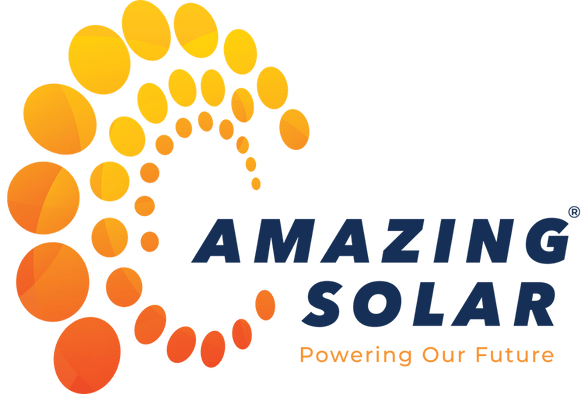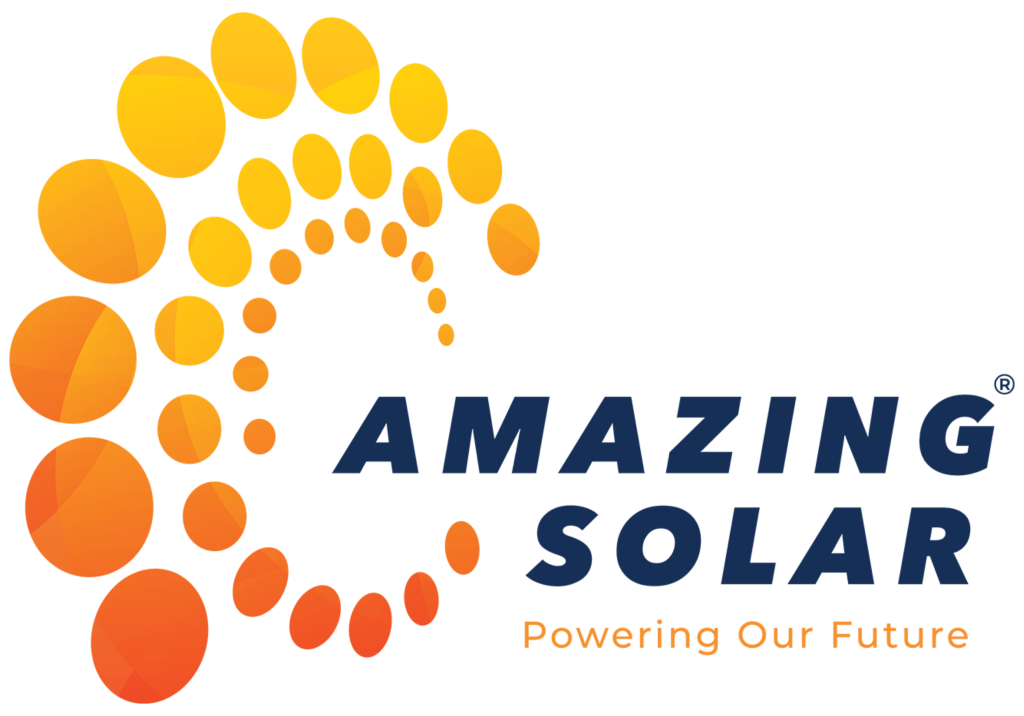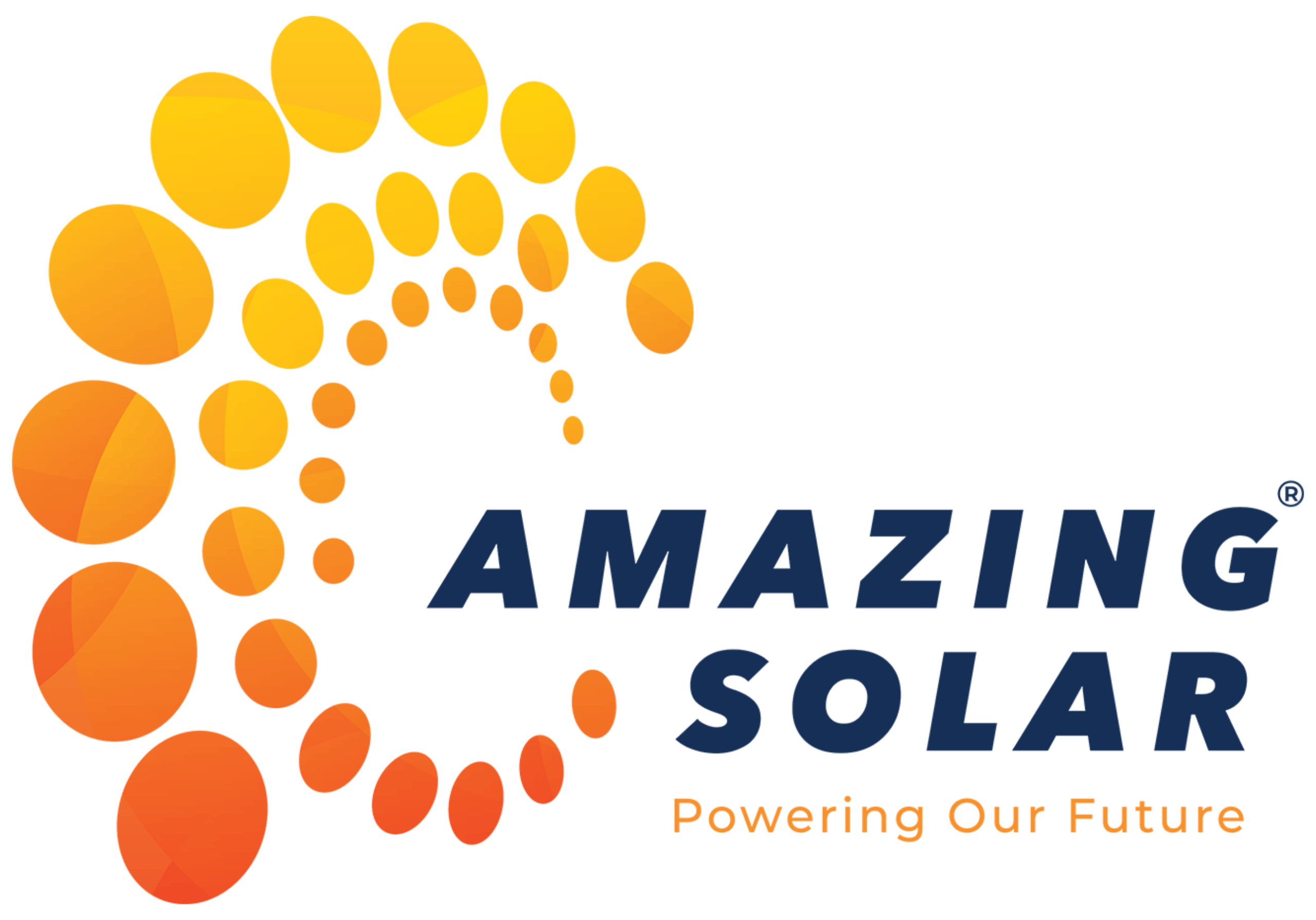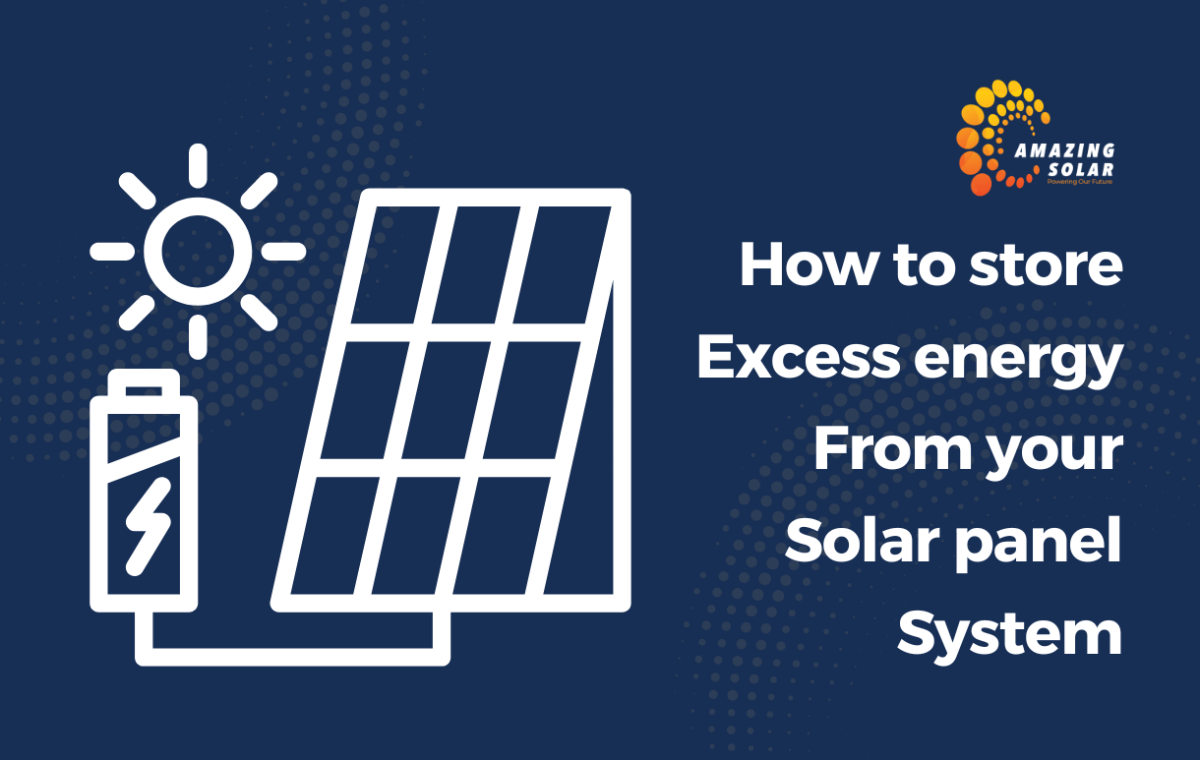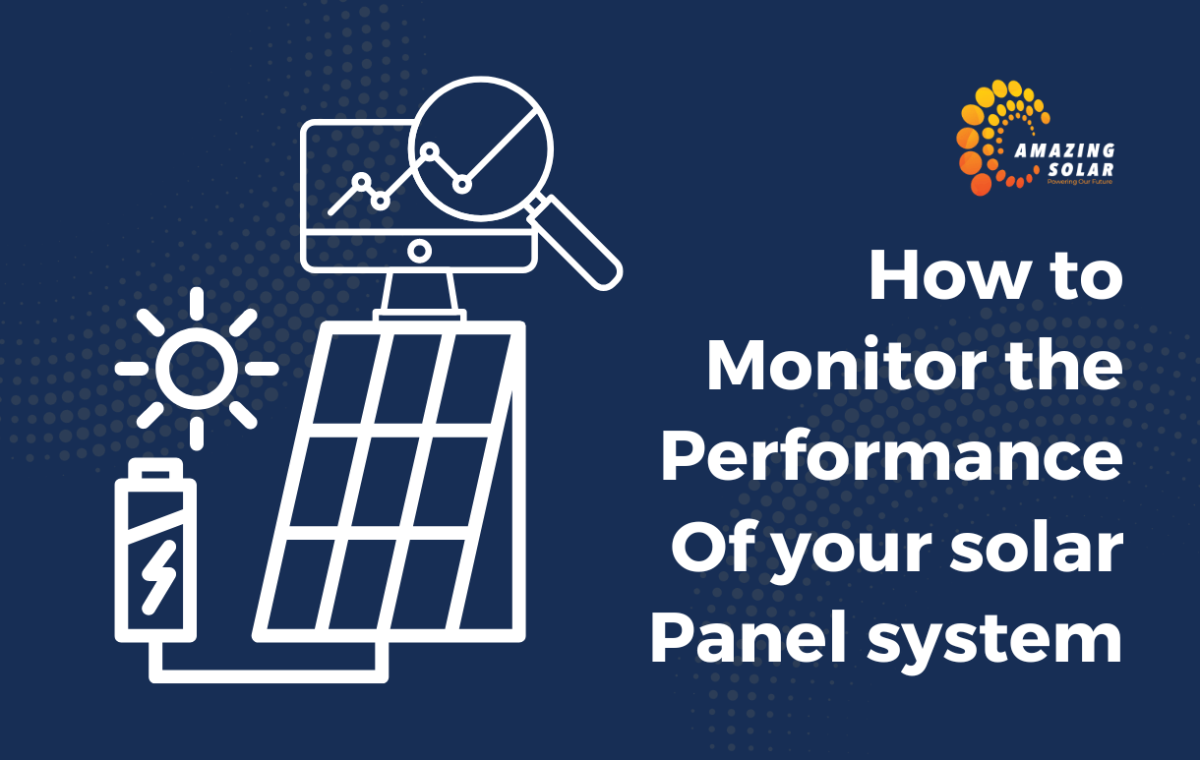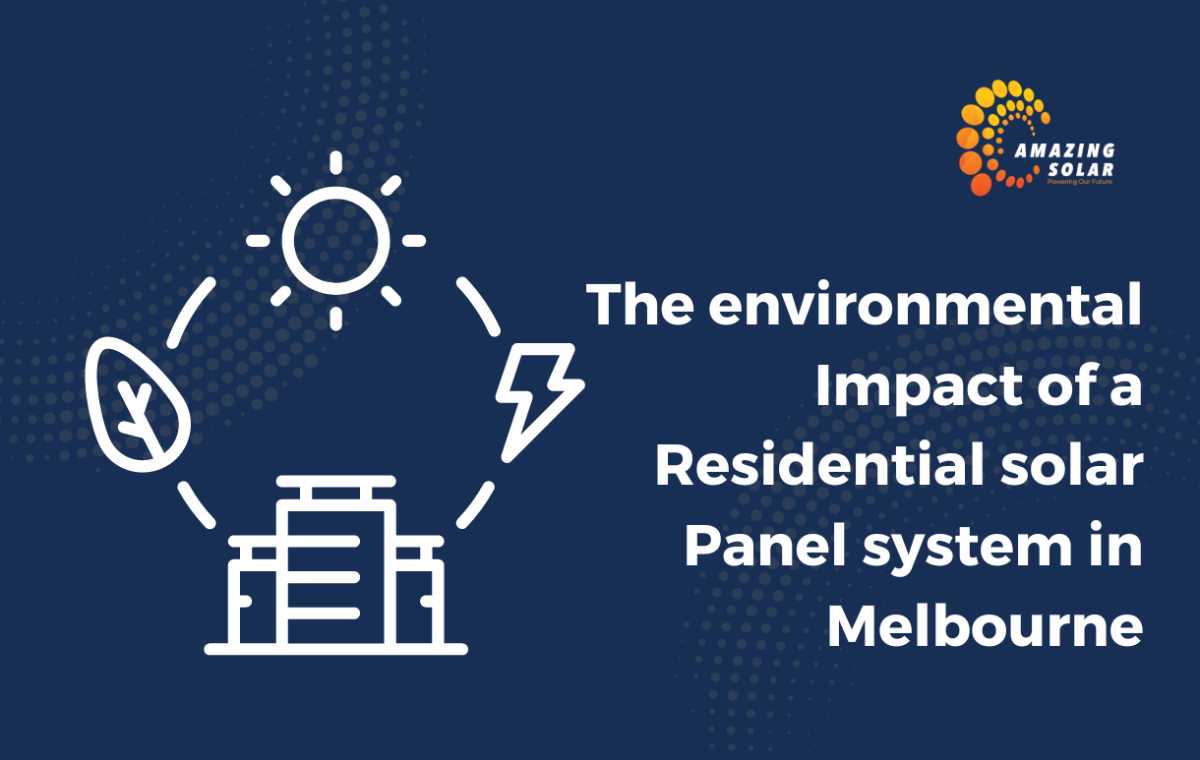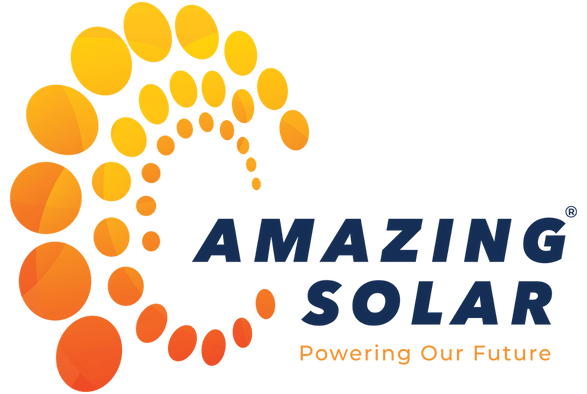Solar panel systems are an excellent investment for homeowners who want to reduce their energy bills and lower their carbon footprint. However, like all complex systems, solar panel systems can sometimes experience issues that can reduce their efficiency or even render them non-functional. In this blog post, we will discuss some common issues with solar panel systems and how to troubleshoot them.
Low power output
If your solar panel system is producing less power than expected, there could be several reasons. First, check that your panels are free from dirt or debris, as these can reduce the amount of sunlight that reaches them. If the panels are clean, check that they are receiving enough sunlight. If they are in a shaded area or the panels are not angled correctly, this can also reduce their efficiency. Finally, check that the wiring and connections are secure and not damaged.
Inverter issues The inverter is the component of your solar panel system that converts the DC power produced by the panels into AC power that can be used in your home. If your inverter is not working correctly, your system will not produce any usable power. Check that the inverter is turned on and that the display is showing the correct information. If you notice any error messages, consult your user manual or contact your installer for further assistance.
Battery issues
If you have a solar panel system with a battery backup, you may experience issues with the battery not holding a charge or not functioning correctly. Check that the battery is receiving a charge from the panels and that the connections are secure. If the battery is old or damaged, it may need to be replaced.
Weather-related issues
Extreme weather conditions can also impact your solar panel system’s performance. In the case of heavy rain or snow, the panels may be covered and unable to produce power. If this occurs, you can gently remove the snow or debris from the panels, being careful not to damage them. Additionally, strong winds can sometimes cause damage to the panels, so make sure they are properly installed and secure.
Monitoring issues
Many solar panel systems come with a monitoring system that allows you to track their performance and identify any issues. If you notice that your monitoring system is not working correctly, check that it is connected to your Wi-Fi network and that the system is turned on. If you are still experiencing issues, consult your user manual or contact your installer for further assistance.
Conclusion
While solar panel systems are generally reliable and require little maintenance, issues can still occur. By understanding how to troubleshoot common issues with your solar panel system, you can ensure that it continues to operate at peak efficiency, providing you with clean and sustainable energy for years to come. If you are unsure about how to resolve any issues, contact your installer for professional assistance.

